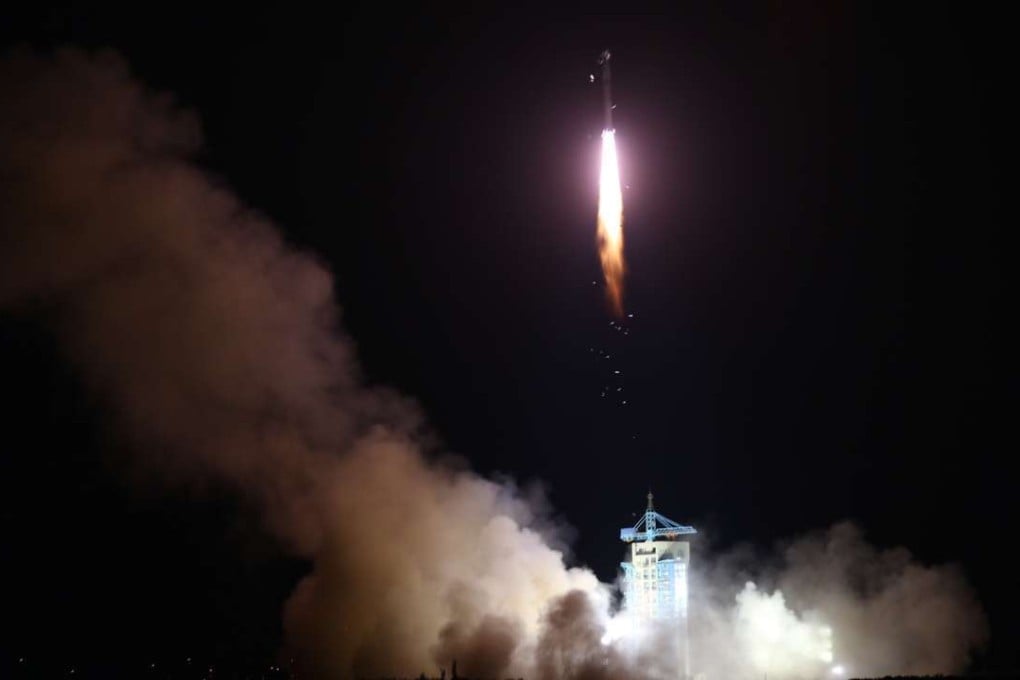China’s orbiting quantum satellite links with ground stations
Satellite, named after ancient philosopher Micius, launched in August with a mission to establish a secure communications between China and Europe

Initial results from the quantum satellite that China sent into space are encouraging, the project’s chief scientist said on Saturday.
A quantum channel had been well established between the satellite and ground stations, Pan Jianwei, the nation’s leading expert in quantum physics, said at a technology exhibition in Hong Kong.
China had been exploring the military and commercial applications of quantum technology, and successful tests of the satellite system would pave the way for the construction of large quantum communication networks, he said.
Pan said his team had successfully passed photons, or particles of light, between the satellite and ground stations in Tibet and Xinjiang province.
But he declined to give any details about the timeline for the experiments to follow as he did not want to put pressure on other team members.